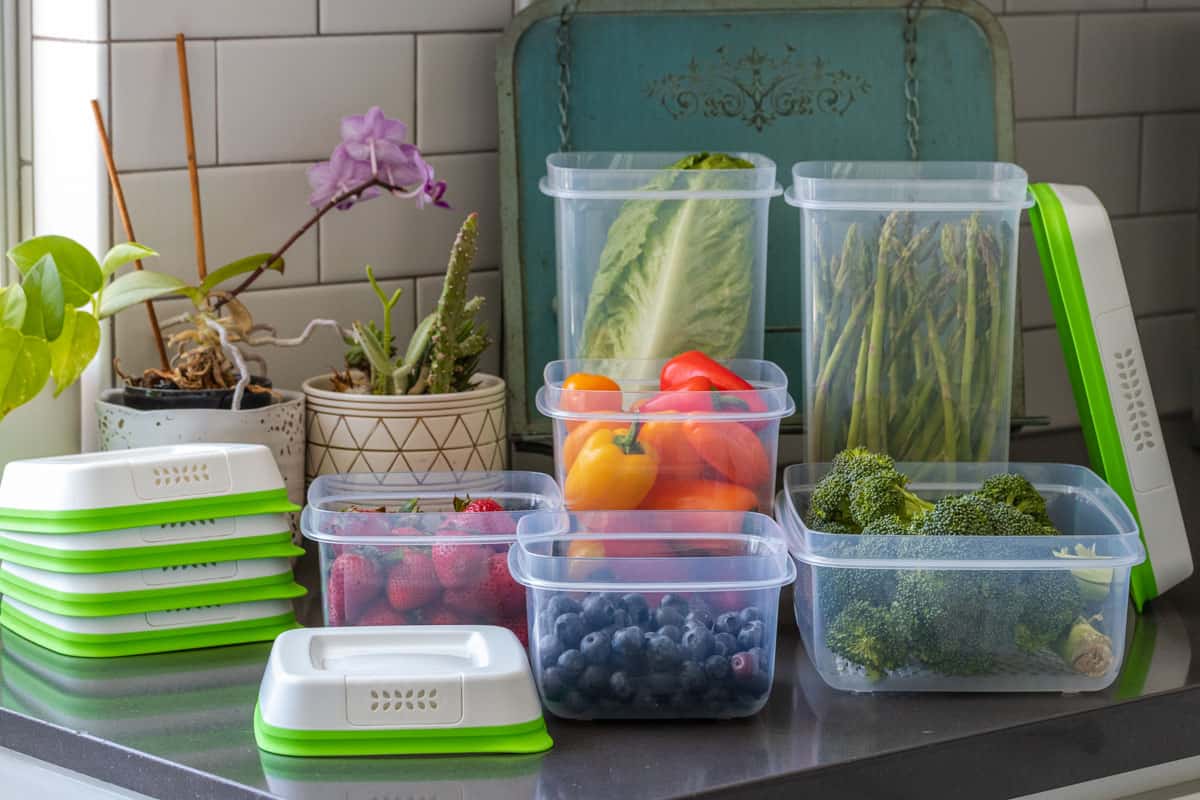

Articles
How To Store Produce On Counter
Modified: January 5, 2024
Discover the best ways to store produce on your counter with our informative articles. Keep your fruits and vegetables fresh and flavorful all week long.
(Many of the links in this article redirect to a specific reviewed product. Your purchase of these products through affiliate links helps to generate commission for Storables.com, at no extra cost. Learn more)
Introduction
Welcome to our guide on how to store produce on the counter! When it comes to keeping your fresh fruits and vegetables in top condition, proper storage is key. While many people automatically place their produce in the refrigerator, certain types of produce actually fare better when stored on the counter.
Storing produce on the counter offers several benefits. It allows for easier access, encourages ripening, and can enhance the flavor and texture of certain fruits and vegetables. However, it’s important to note that not all produce is suitable for counter storage. Some items are better off being refrigerated to maintain freshness and prevent spoilage.
In this article, we will explore the benefits of storing produce on the counter, provide tips on choosing the right produce for counter storage, discuss proper storage techniques for different types of produce, share tips for extending the shelf life of counter-stored produce, and highlight common mistakes to avoid when storing produce on the counter.
By the end of this guide, you’ll have a clear understanding of which types of produce can be safely stored on the counter, how to properly store them, and how to make the most of their shelf life.
Key Takeaways:
- Embrace the natural ripening process of counter-stored produce to enhance flavor, encourage healthier snacking, and add a vibrant touch to your kitchen decor.
- Choose the right fruits and vegetables for counter storage, monitor ripeness, and avoid common mistakes to maximize the freshness and longevity of your produce.
Read more: How To Store Produce In The Fridge
The Benefits of Storing Produce on the Counter
When it comes to storing produce, many people automatically reach for the refrigerator. However, certain fruits and vegetables actually fare better when stored on the counter. Let’s explore some of the benefits of counter storage:
- Easier Access: Keeping produce on the counter makes it easily accessible, making it more likely that you’ll reach for a healthy snack. When fruits and vegetables are within sight, you’re more likely to incorporate them into your daily meals and snacks.
- Enhanced Flavor and Texture: Certain fruits, such as bananas, avocados, and tomatoes, develop better flavor and texture when ripened on the counter. The natural ripening process that occurs at room temperature can enhance the sweetness, juiciness, and overall taste of these fruits.
- Ripening Encouragement: Placing certain fruits on the counter can speed up their ripening process. This is particularly beneficial for items that are picked unripe, such as avocados, peaches, and pears. Once they reach the desired level of ripeness, you can then transfer them to the refrigerator to slow down further ripening.
- Aesthetically Pleasing: Let’s face it, a bowl of colorful fruits and vegetables displayed on the counter adds a vibrant and inviting touch to your kitchen décor. It can serve as a visual reminder to make healthier choices and can even inspire you to get creative with incorporating fresh produce into your meals.
It’s important to note that not all fruits and vegetables are suitable for counter storage. Some items, like leafy greens and berries, should be refrigerated to maintain freshness. However, for those produce items that thrive on the counter, it’s worth taking advantage of these benefits to optimize their taste and texture.
Choosing the Right Produce for Counter Storage
While storing produce on the counter can have its benefits, it’s important to choose the right types of fruits and vegetables for this method of storage. Here are some guidelines to help you make the right choices:
- Fruits that Ripen After Harvest: Some fruits, such as bananas, avocados, and tomatoes, continue to ripen after they are harvested. These are ideal candidates for counter storage. Look for fruits that are firm and not yet fully ripe when purchasing them, as they will continue to ripen at room temperature.
- Stone Fruits: Stone fruits, like peaches, plums, and nectarines, also perform well when stored on the counter. Keep in mind that these fruits may need a little extra time to ripen, so be patient and check for softness before consuming.
- Citrus Fruits: Citrus fruits, such as oranges, grapefruits, and lemons, can be stored on the counter for a short period of time. However, for longer-term storage, it’s best to transfer them to the refrigerator.
- Hardy Vegetables: Some vegetables can be stored on the counter as well. Root vegetables like potatoes, onions, and garlic can typically be kept in a cool, dry place. However, once they are cut or peeled, they should be refrigerated to prevent spoilage.
- Herbs: Fresh herbs, such as basil, cilantro, and parsley, can be stored on the counter in a glass of water like a bouquet. This helps to keep them fresh and vibrant for a few days. Alternatively, you can wrap them loosely in a damp paper towel and place them in a plastic bag before storing them in the refrigerator.
It’s important to assess the ripeness and condition of the produce you purchase. If the fruits or vegetables are already ripe or overripe, it’s best to consume them quickly or transfer them to the refrigerator to prevent them from spoiling.
By choosing the right produce for counter storage, you can make the most of their flavors, textures, and ripening processes, ensuring that you enjoy peak freshness and taste.
Proper Storage Techniques for Different Types of Produce
Storing produce on the counter requires proper techniques to ensure optimal freshness and prevent spoilage. Here are some guidelines for storing different types of fruits and vegetables:
- Bananas: Keep bananas on the counter until they reach the desired level of ripeness. To slow down the ripening process, you can separate them or store them in the refrigerator.
- Avocados: If you have unripe avocados, store them on the counter until they are soft and yield to gentle pressure. Once ripe, you can refrigerate them to extend their shelf life.
- Tomatoes: Tomatoes are best stored on the counter until they reach the desired level of ripeness. Avoid refrigerating tomatoes as it can affect their flavor and texture.
- Peaches, Plums, and Nectarines: Place these stone fruits on the counter until they are soft and juicy. You can speed up ripening by placing them in a paper bag with an apple or banana.
- Citrus Fruits: Citrus fruits can be stored on the counter for a few days, but for longer-term storage, transfer them to the refrigerator.
- Potatoes, Onions, and Garlic: Store these root vegetables in a cool, dry place, away from direct sunlight. Avoid storing them near other fruits or vegetables, as they can accelerate spoilage.
- Herbs: Fresh herbs can be stored on the counter by placing them in a glass of water or loosely wrapping them in a damp paper towel and placing them in a plastic bag in the refrigerator.
Remember to regularly check on your counter-stored produce and remove any items that show signs of spoilage or overripeness. Inspect them for mold, excessive softness, or unpleasant odors.
Additionally, it’s important to keep in mind that the temperature and humidity levels in your kitchen can affect the shelf life of counter-stored produce. Cooler and less humid environments can extend their freshness, while warmer and more humid conditions can accelerate spoilage.
By following these proper storage techniques, you can ensure that your counter-stored produce remains fresh, flavorful, and ready for consumption.
Store produce on the counter only if it doesn’t require refrigeration, such as tomatoes, potatoes, onions, and garlic. Keep them in a cool, dry place away from direct sunlight to maintain freshness.
Tips for Extending the Shelf Life of Counter-Stored Produce
While counter storage can enhance the flavor and ripening of certain types of produce, it’s important to take measures to extend their shelf life and prevent spoilage. Here are some tips to help you keep your counter-stored produce fresher for longer:
- Avoid Direct Sunlight: Keep your produce away from direct sunlight as it can cause them to spoil faster. Find a cool, shady spot on your counter for optimal storage.
- Monitor Temperature and Humidity: Maintain a moderate temperature and humidity level in your kitchen. Excessive heat and humidity can accelerate spoilage, while excessively cool temperatures can hinder the ripening process. Aim for a comfortable room temperature of around 68-72°F (20-22°C).
- Separate Ripening and Overripe Produce: Keep an eye on your ripening produce and separate any overripe ones to prevent them from spoiling the others. Remove any bruised or damaged pieces as well, as they can release ethylene gas, which speeds up the ripening process.
- Properly Ventilate: Ensure that your counter-stored produce has sufficient airflow to prevent the buildup of moisture and mold. Avoid overcrowding fruits or vegetables, as this can lead to faster spoilage.
- Regularly Check for Spoilage: Take time to inspect your produce regularly for any signs of spoilage, such as mold, soft spots, or unpleasant odors. Remove any affected items promptly to prevent the spread of spoilage.
- Utilize Ethylene Gas: Certain fruits, such as bananas and apples, produce ethylene gas, which can speed up the ripening process of nearby produce. Use this to your advantage by placing fruits that need to ripen faster together in a paper bag, which traps the ethylene gas and accelerates ripening.
- Consider Refrigeration: If you notice that your counter-stored produce is ripening faster than anticipated, or if you want to extend its shelf life, consider transferring it to the refrigerator. This can help slow down the ripening process and preserve the freshness for a longer period.
By implementing these tips, you can effectively extend the shelf life of counter-stored produce and reduce waste. Fresh, flavorful fruits and vegetables will be readily available for your culinary creations and healthy snacks.
Read more: How To Store Different Produce
Common Mistakes to Avoid When Storing Produce on the Counter
While storing produce on the counter can be a convenient and effective method, there are a few common mistakes that people often make. To ensure the optimal freshness and longevity of your counter-stored produce, avoid these common pitfalls:
- Storing All Produce on the Counter: Not all fruits and vegetables are suitable for counter storage. Some items, like leafy greens, berries, and delicate herbs, are best kept in the refrigerator to maintain their freshness. Make sure to differentiate between produce that benefits from counter storage and those that require refrigeration.
- Failure to Monitor Ripeness: It’s essential to keep a close eye on your counter-stored produce to prevent overripening or spoilage. If you neglect to monitor their ripeness, they may become mushy, moldy, or inedible. Regularly check the condition of your produce to intervene promptly if needed.
- Placing Ethylene-Sensitive Produce Nearby: Some fruits emit ethylene gas, which can cause nearby produce to ripen faster. Keep ethylene-sensitive items, such as leafy greens and delicate fruits, away from ethylene-producing fruits like bananas and apples. This will prevent premature ripening and spoilage.
- Improper Ventilation: Fruits and vegetables need proper airflow to stay fresh. Avoid overcrowding or tightly packaging produce, as it can trap moisture and lead to mold or premature spoilage. Ensure that your counter-stored produce is adequately ventilated to maintain its quality.
- Not Rotating or Using Older Produce First: When adding new produce to the counter, make a habit of using the older produce first. This helps prevent wastage and ensures that you consume items before they become overripe or spoiled. Rotate your produce regularly to maintain freshness and avoid neglecting items at the back of your counter.
- Disregarding Environmental Factors: The surrounding environment can impact the shelf life of counter-stored produce. Factors like temperature, humidity, and exposure to direct sunlight play a role in the freshness and quality of your produce. Choose a suitable location on your counter, away from direct sunlight and extremes in temperature or humidity.
- Ignoring Storage Guidelines: Different types of produce have specific storage requirements. It’s crucial to follow the recommended storage guidelines for each fruit or vegetable. Failure to do so can result in premature spoilage or affect the taste and texture of the produce.
By avoiding these common mistakes, you can maximize the benefits of storing produce on the counter and ensure that your fruits and vegetables stay fresh, delicious, and nutritious for an extended period.
Conclusion
Storing produce on the counter can be a game-changer when it comes to enjoying fresh, flavorful fruits and vegetables. By understanding the benefits, selecting the right produce for counter storage, utilizing proper storage techniques, and implementing strategies to extend shelf life, you can optimize the freshness and taste of your counter-stored produce.
Remember that not all types of produce are suitable for counter storage. Some fruits and vegetables thrive in the refrigerator, while others excel in a well-ventilated, room temperature environment. Be mindful of the specific storage needs of each item to maintain their quality.
Whether it’s ripening bananas, enhancing the flavor of tomatoes, or preserving the juiciness of stone fruits, the counter can play a crucial role in the ripening and enjoyment of your produce. Keep an eye on your counter-stored produce, regularly inspecting for spoilage, and separating ripe from overripe items to prevent the spread of decay.
Consider environmental factors such as temperature, humidity, and exposure to sunlight in your kitchen when choosing the best location for your produce. Proper ventilation and rotation of older items will also help prolong their freshness and minimize waste.
By avoiding common mistakes, such as storing all produce on the counter, neglecting to monitor ripeness, or keeping ethylene-sensitive produce near ethylene-producing fruits, you can maintain the quality and longevity of your counter-stored produce.
So, whether you’re adding a pop of color to your kitchen, facilitating accessibility to healthier choices, or enhancing the flavors of your meals, storing produce on the counter can be a practical and rewarding technique. Embrace the freshness and natural ripening process of certain fruits and vegetables to elevate your culinary experiences and promote a healthy lifestyle.
With the knowledge and insights gained from this guide, you are ready to embark on your journey of storing produce on the counter with confidence, ensuring that your fresh fruits and vegetables remain at their best for as long as possible.
Frequently Asked Questions about How To Store Produce On Counter
Was this page helpful?
At Storables.com, we guarantee accurate and reliable information. Our content, validated by Expert Board Contributors, is crafted following stringent Editorial Policies. We're committed to providing you with well-researched, expert-backed insights for all your informational needs.
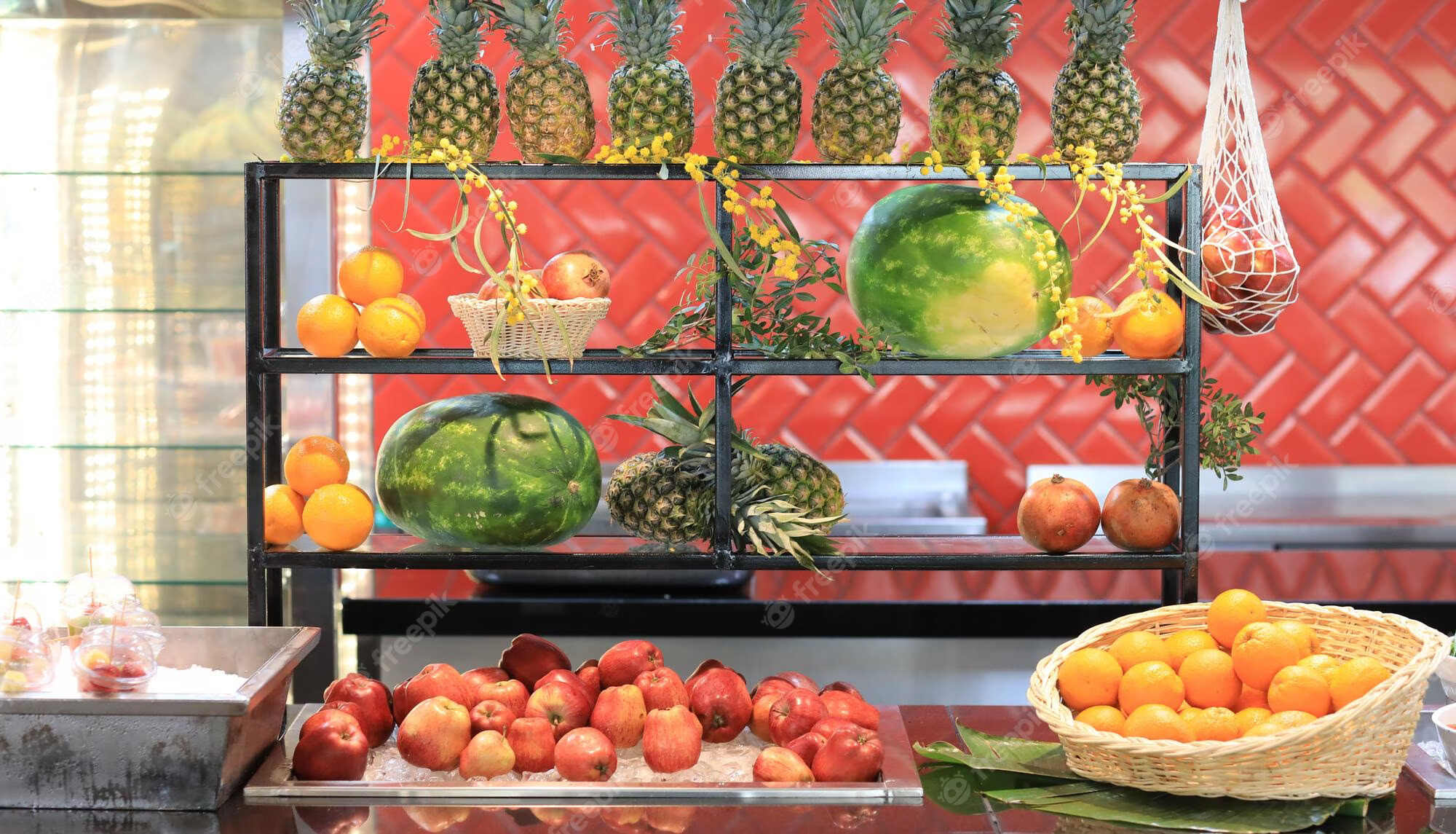
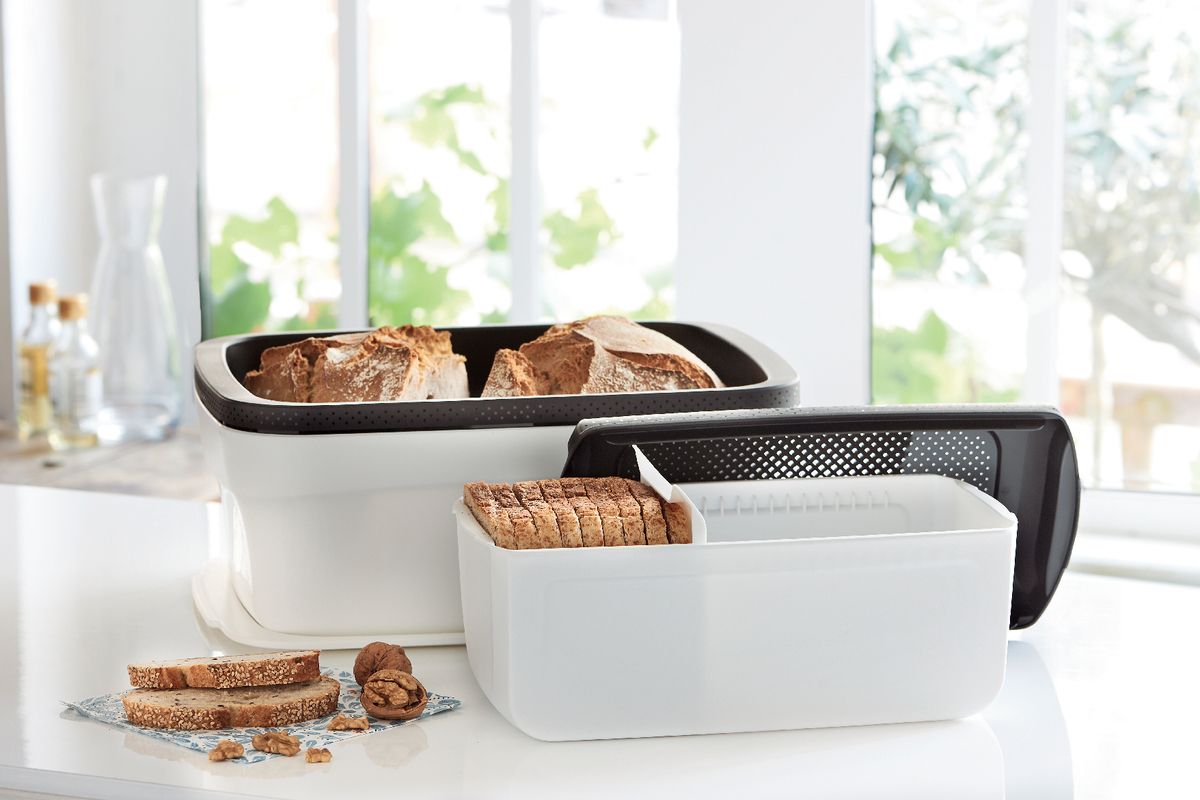
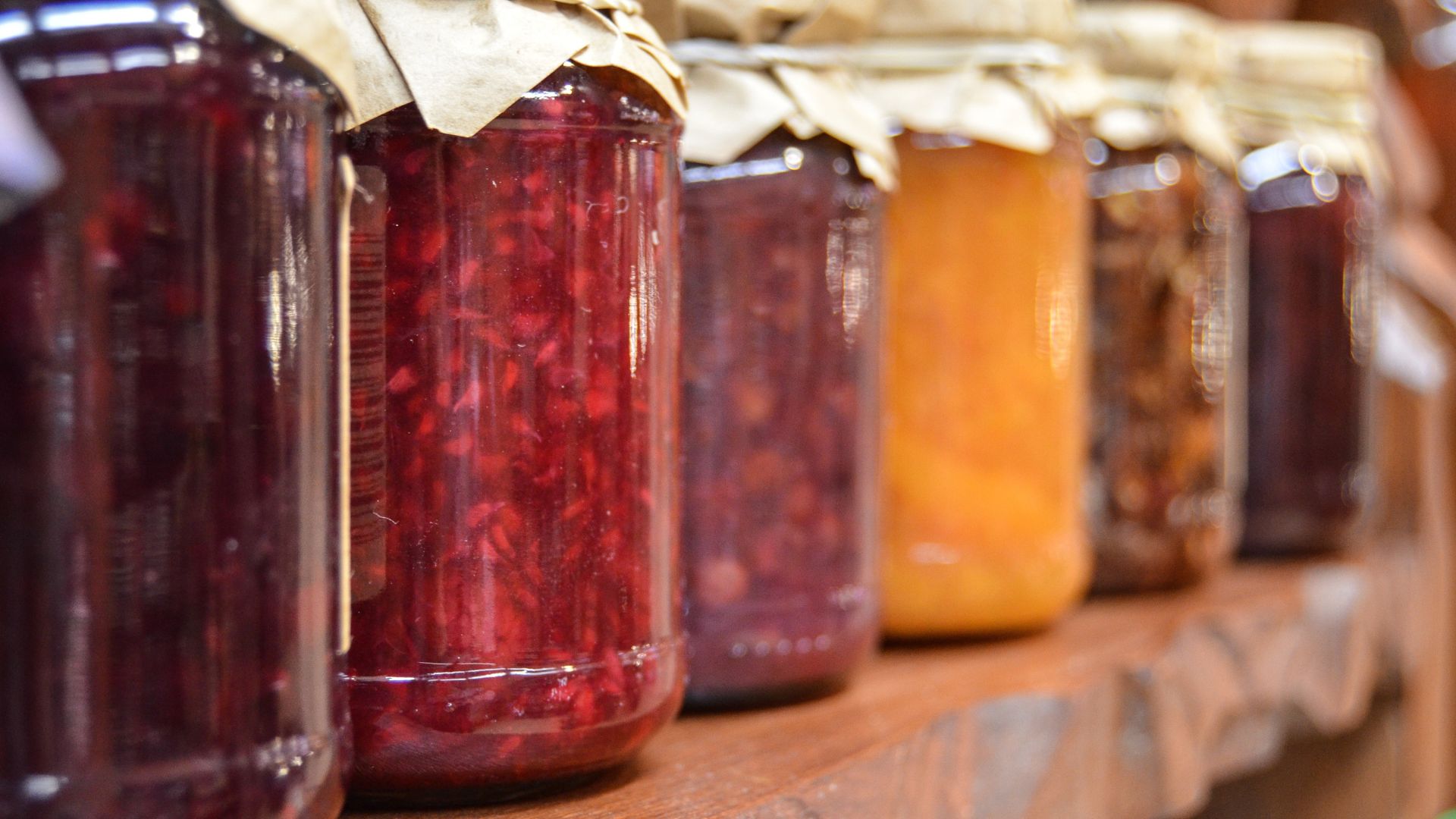
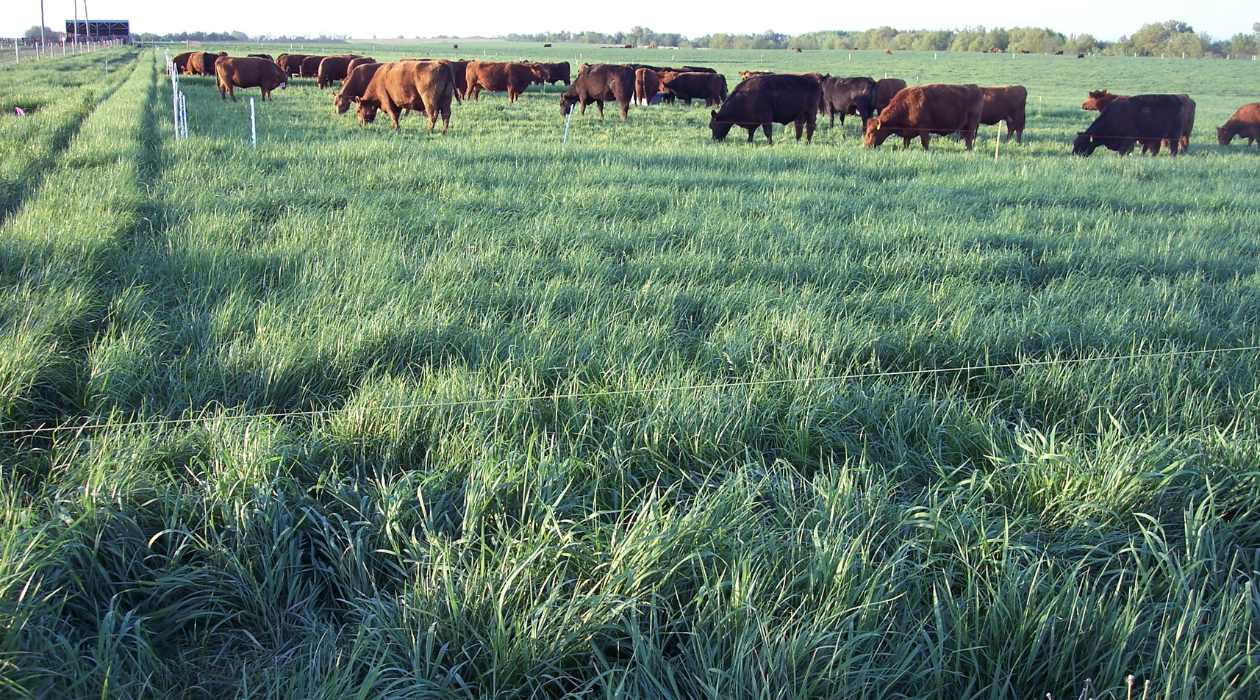
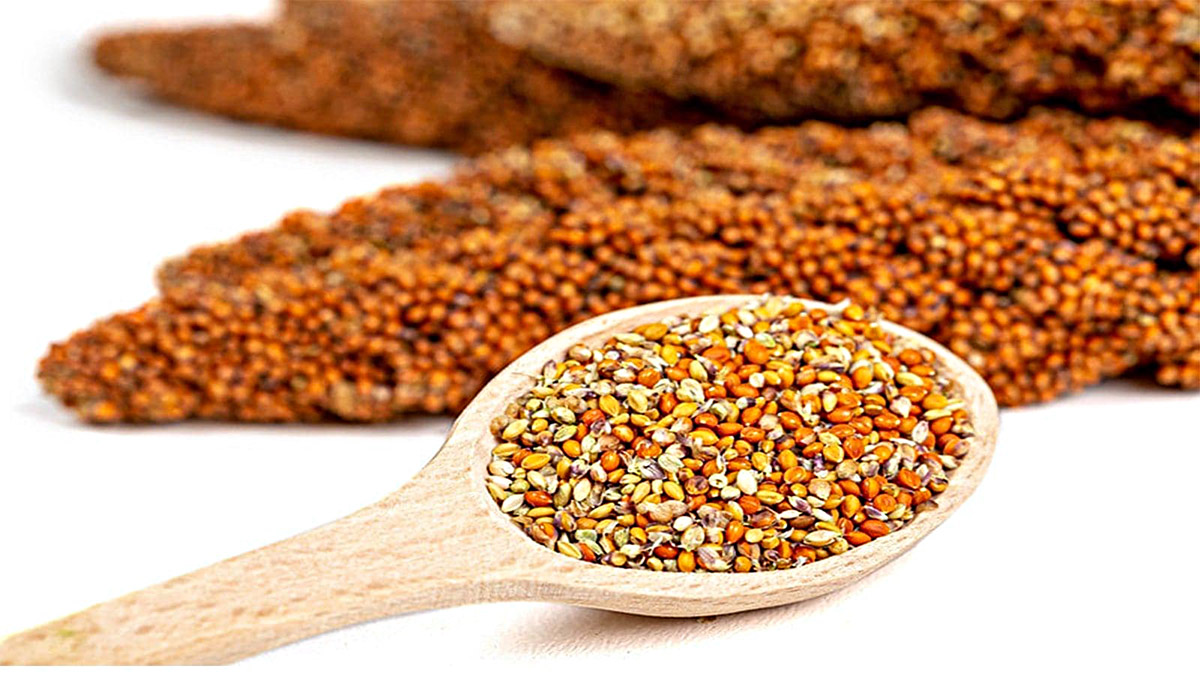
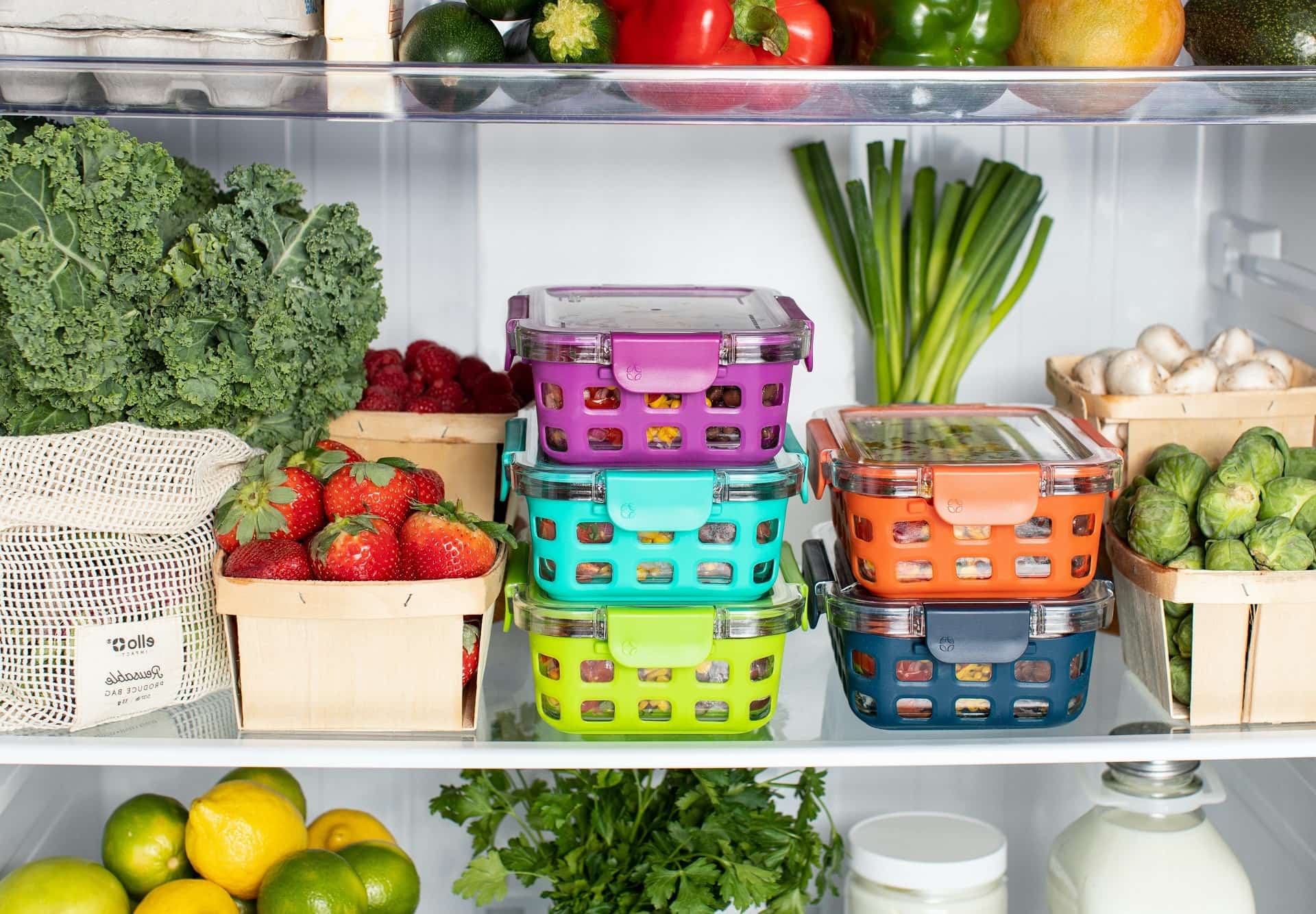

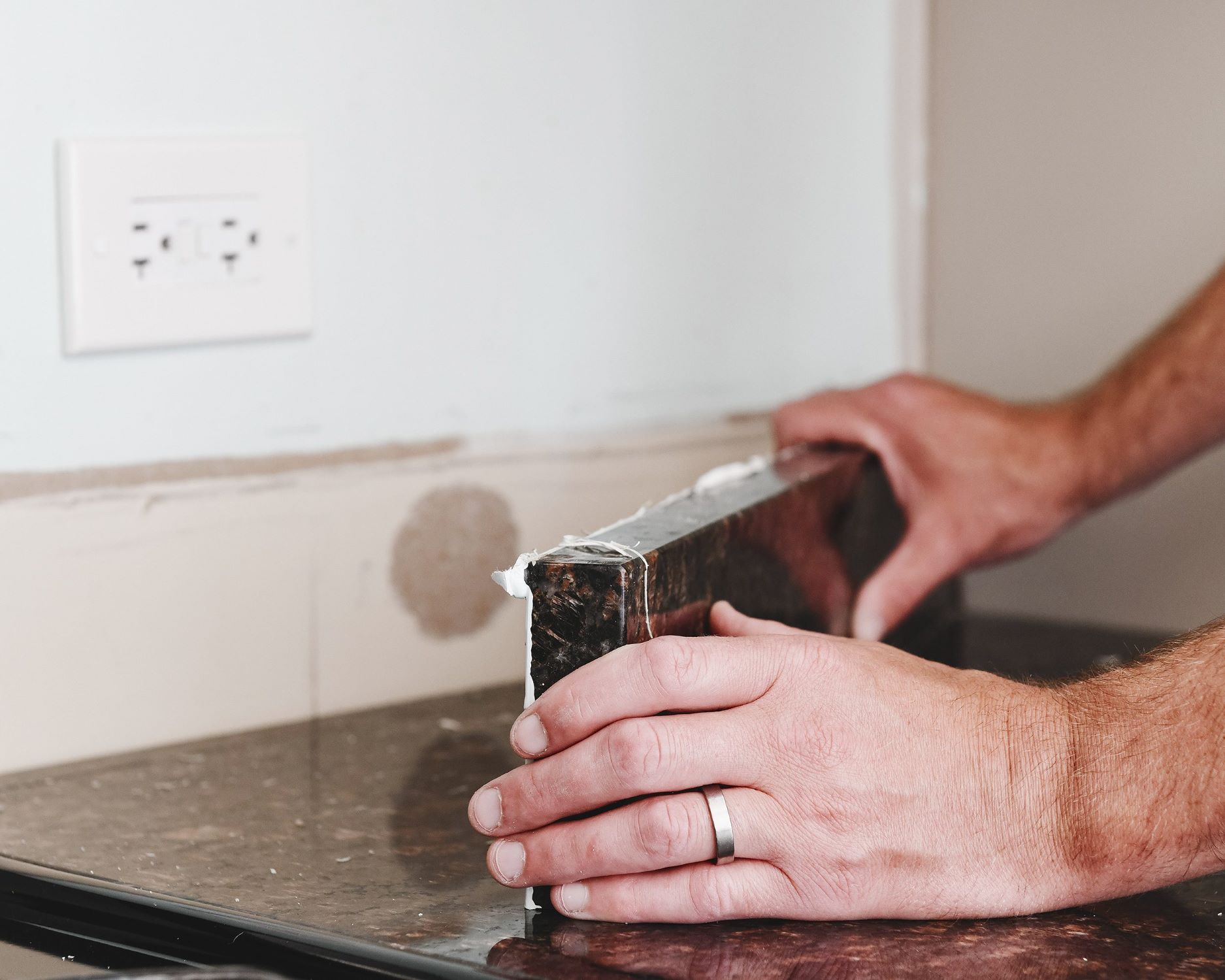
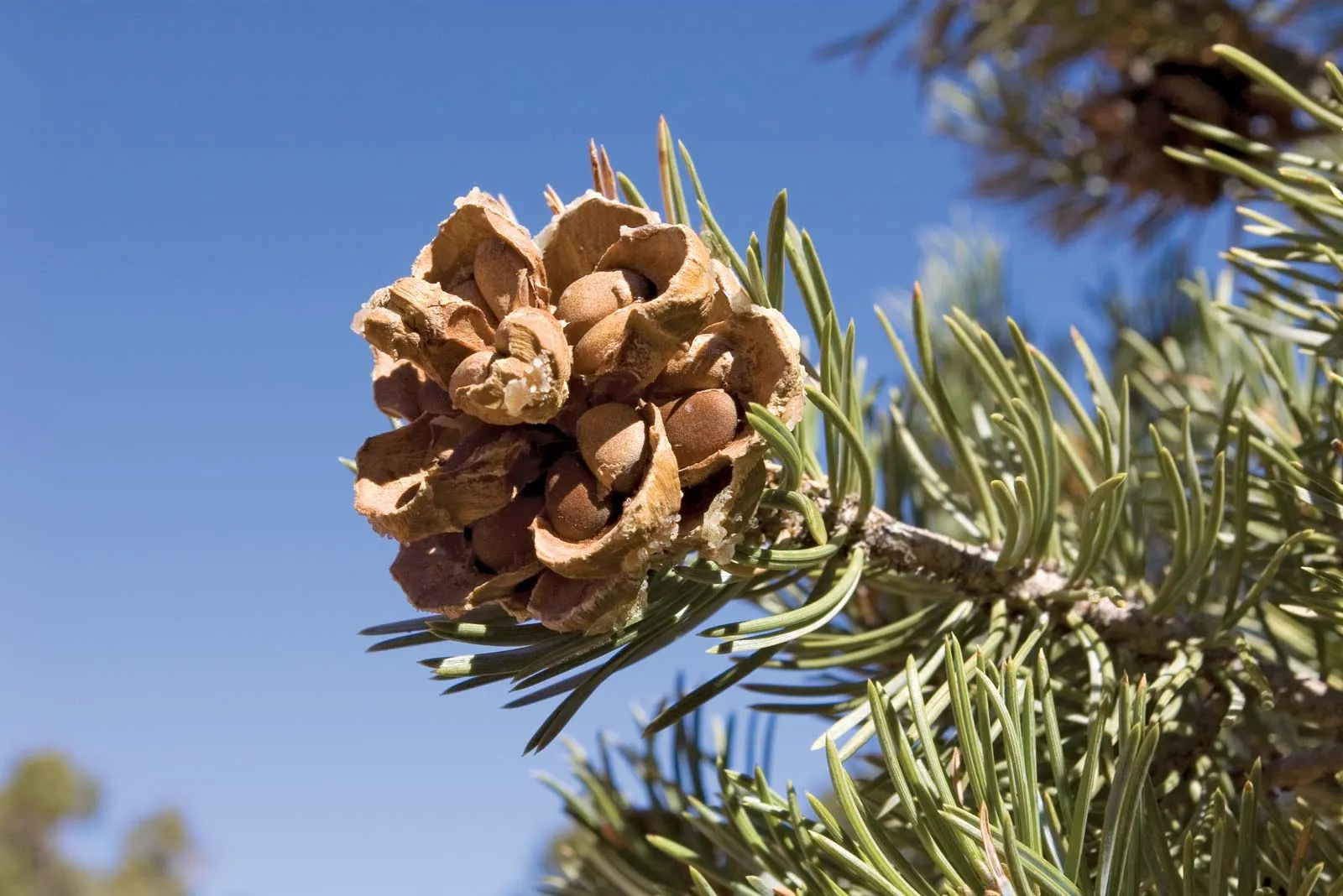
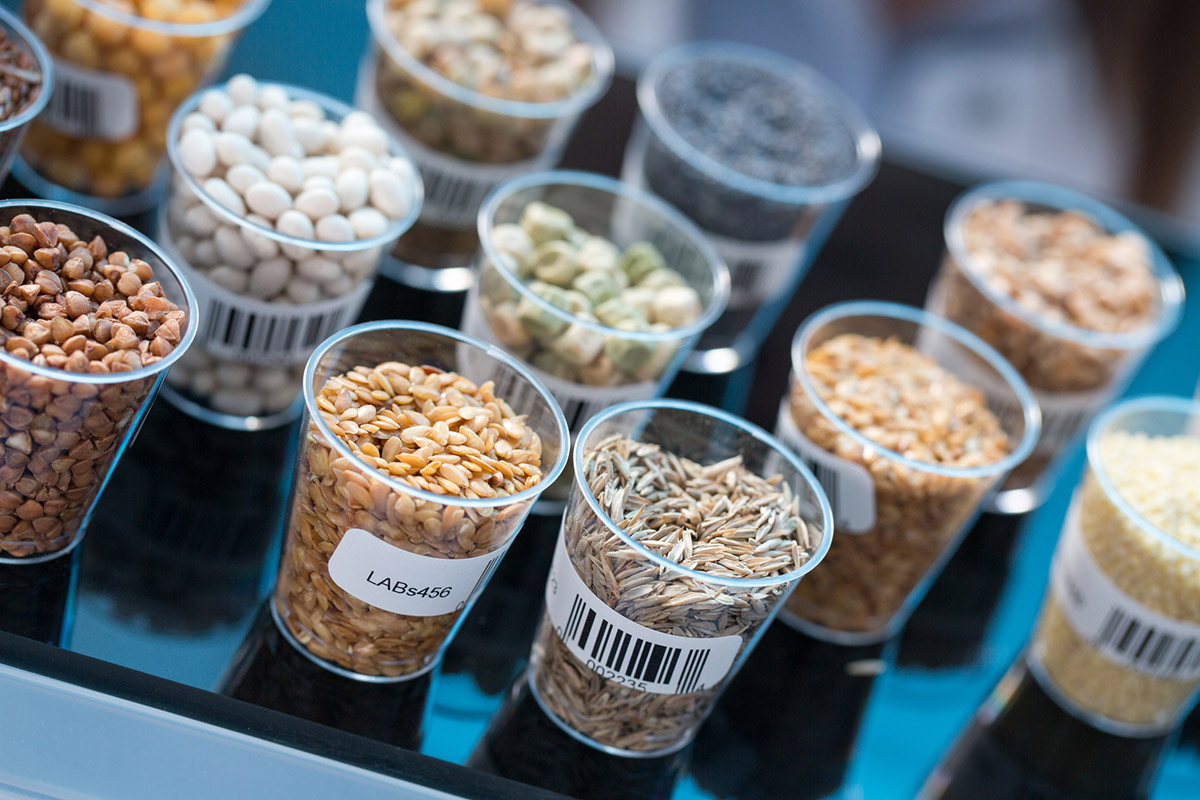
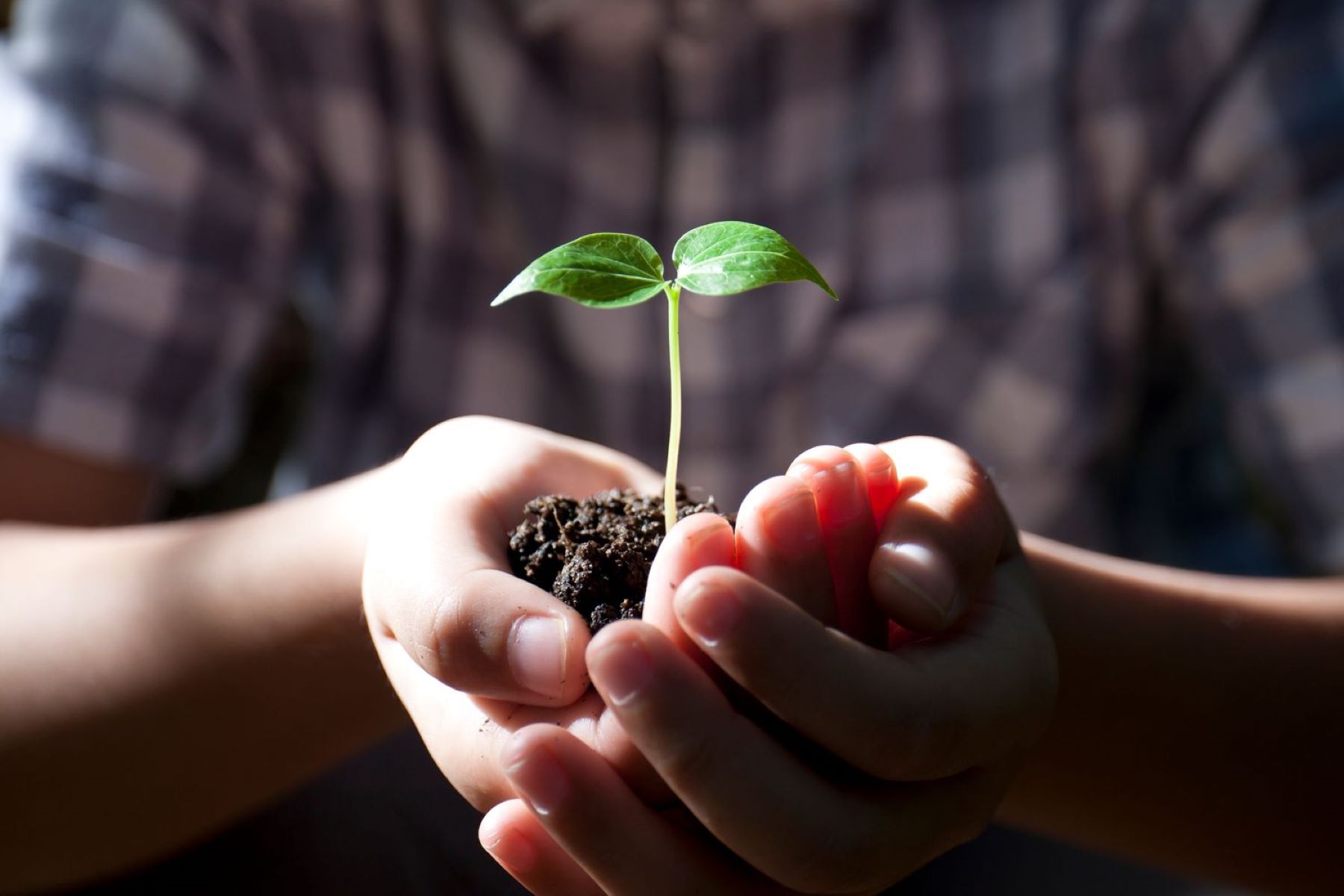
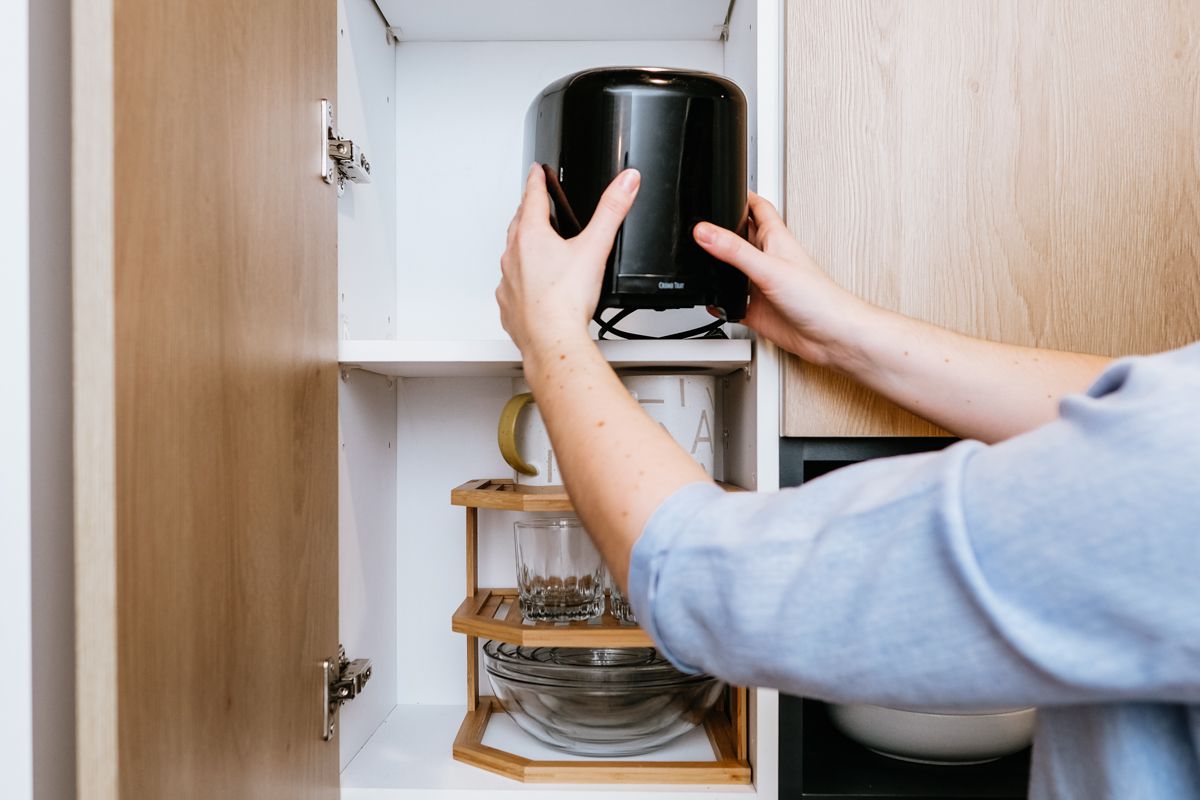
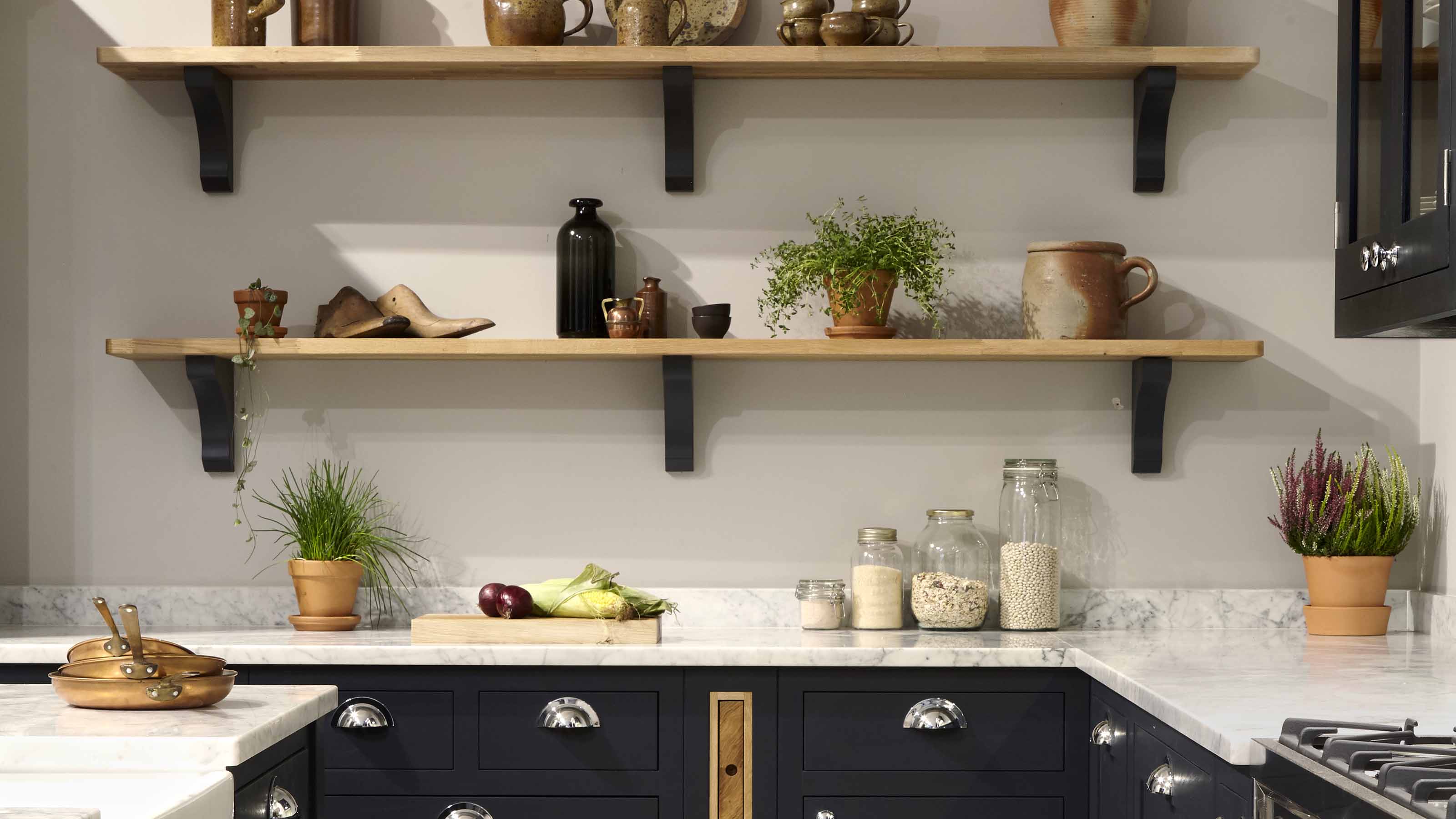
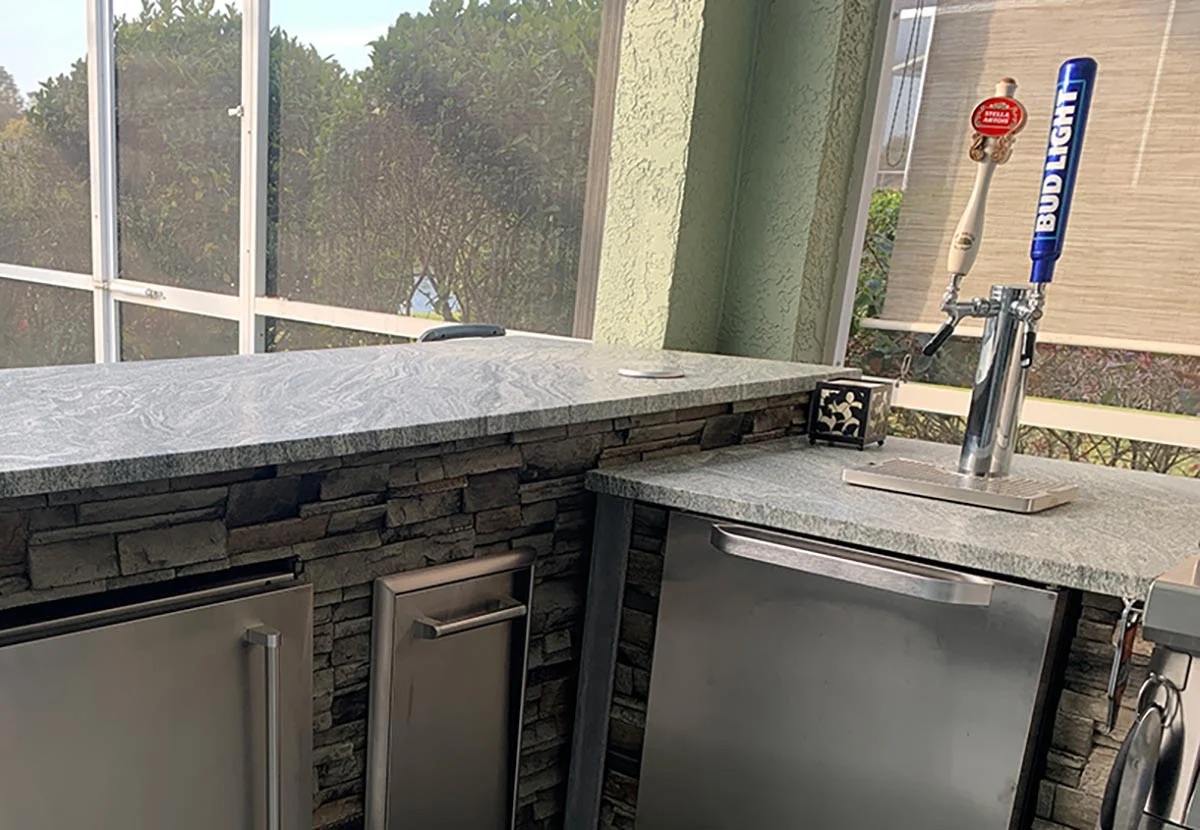

0 thoughts on “How To Store Produce On Counter”